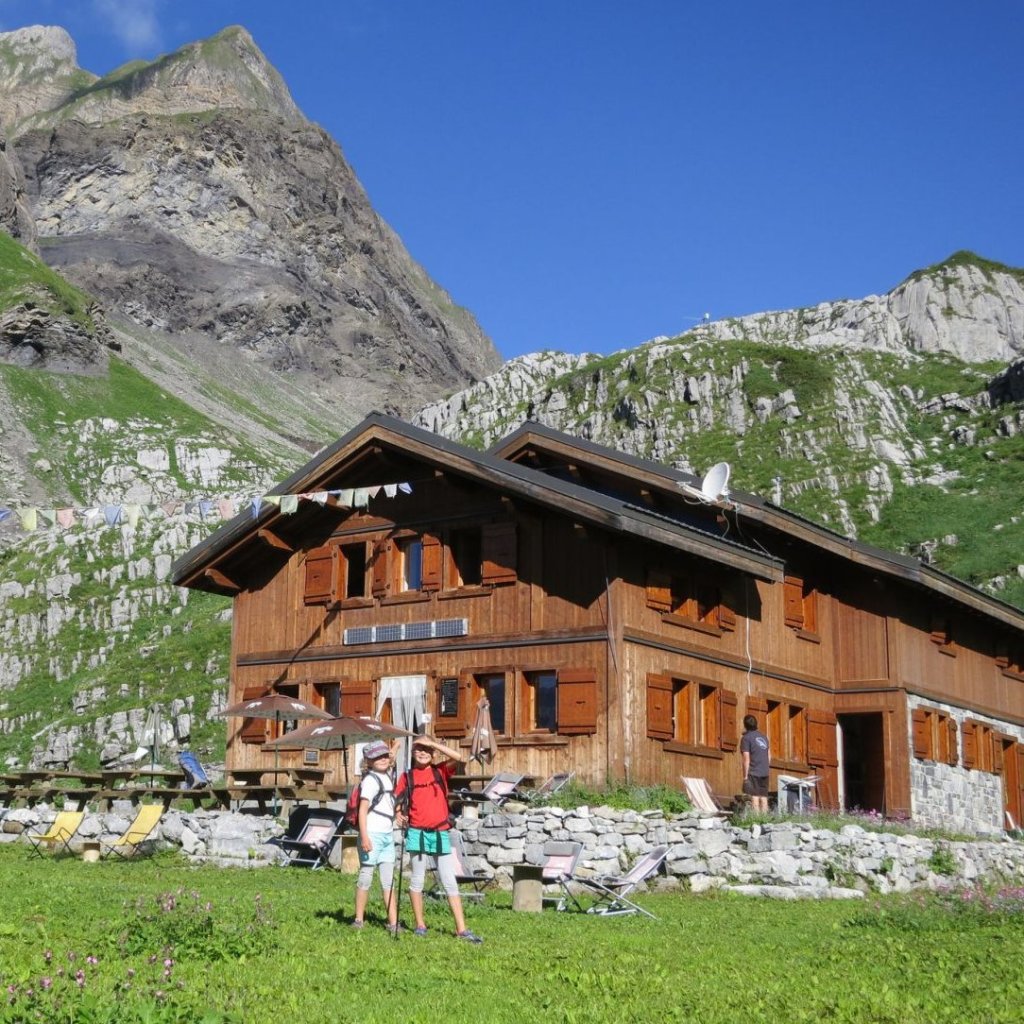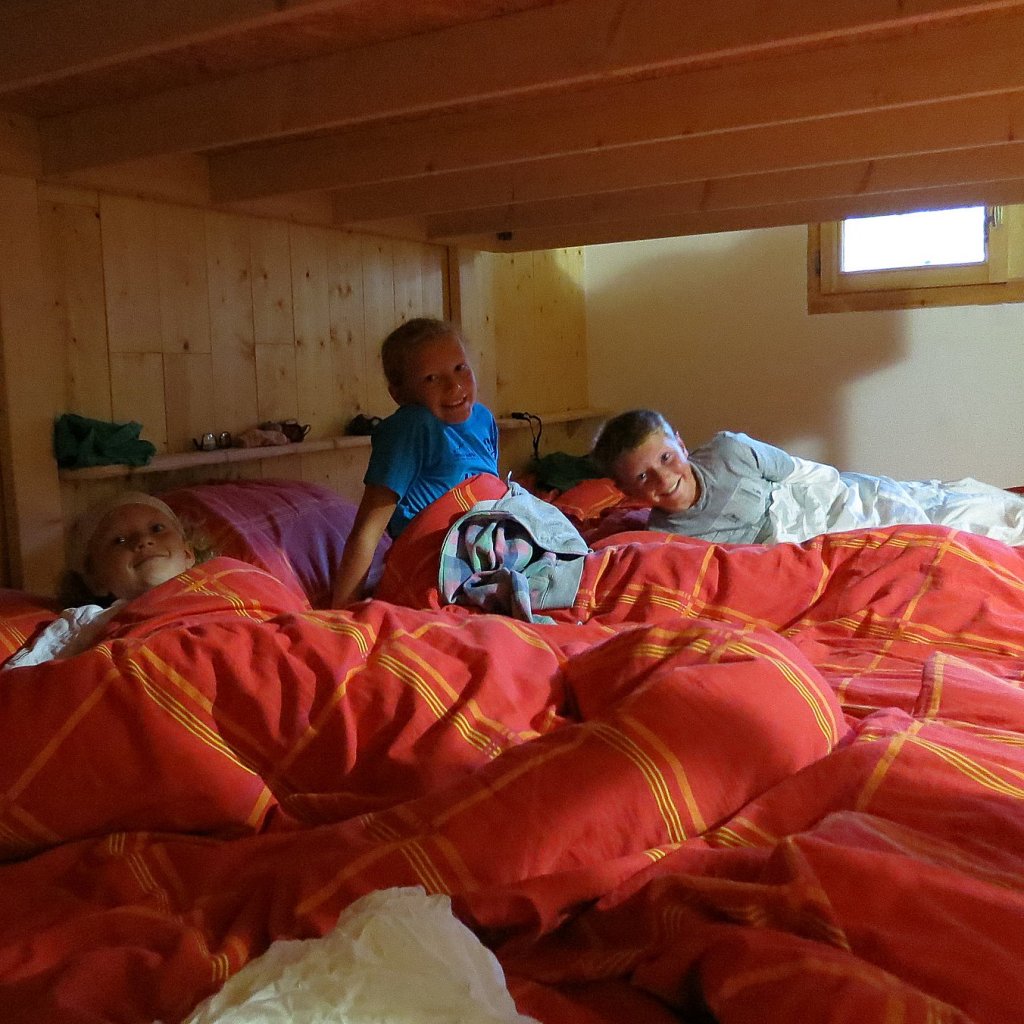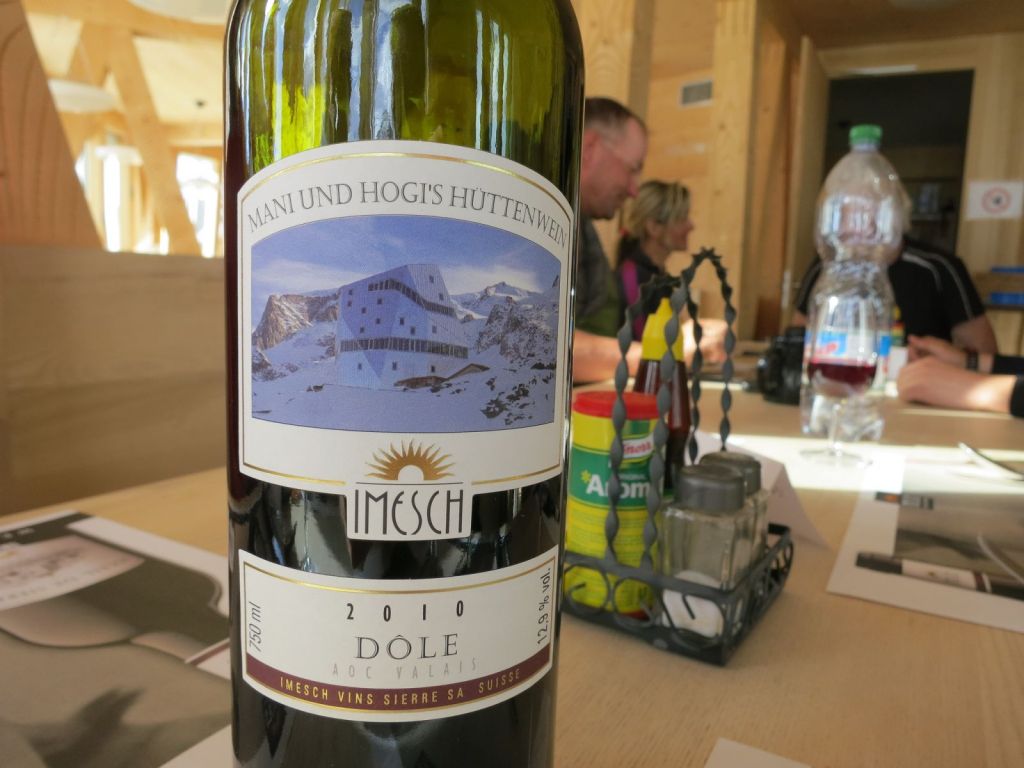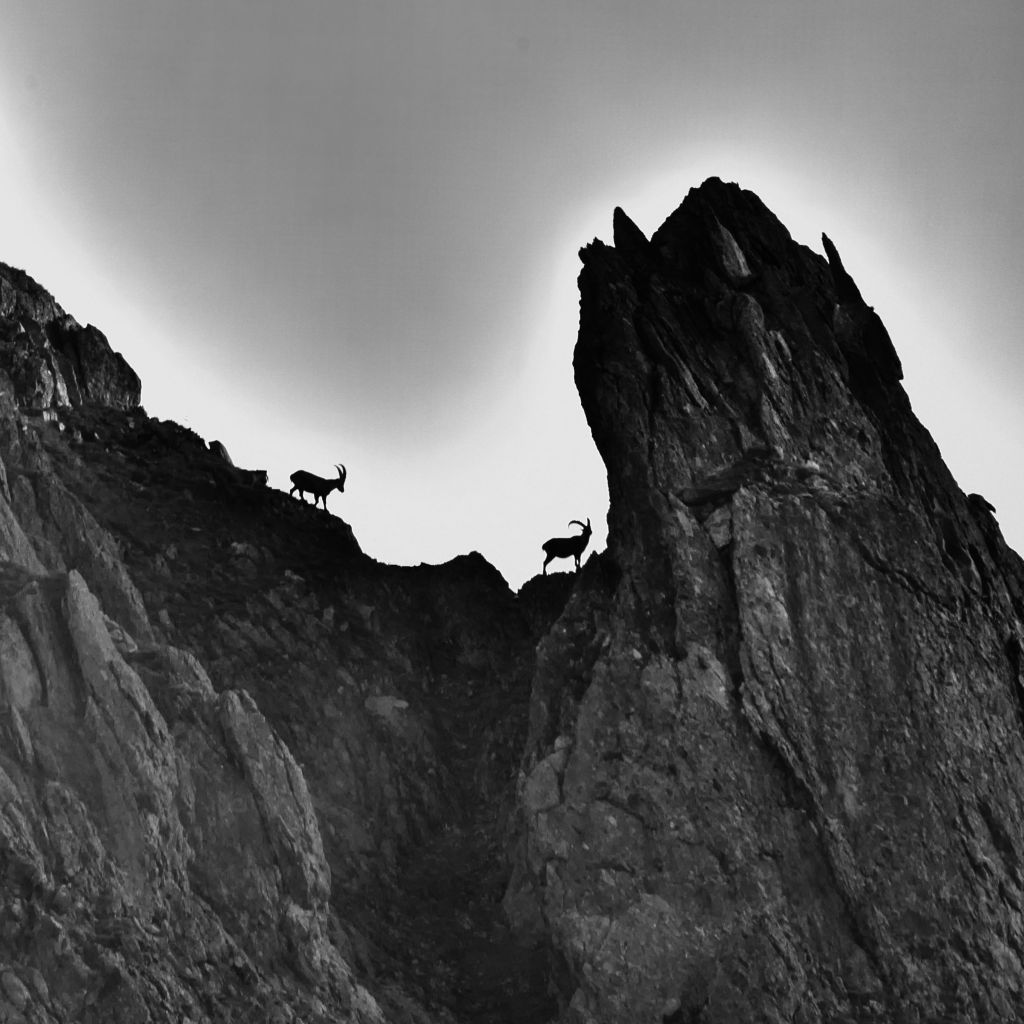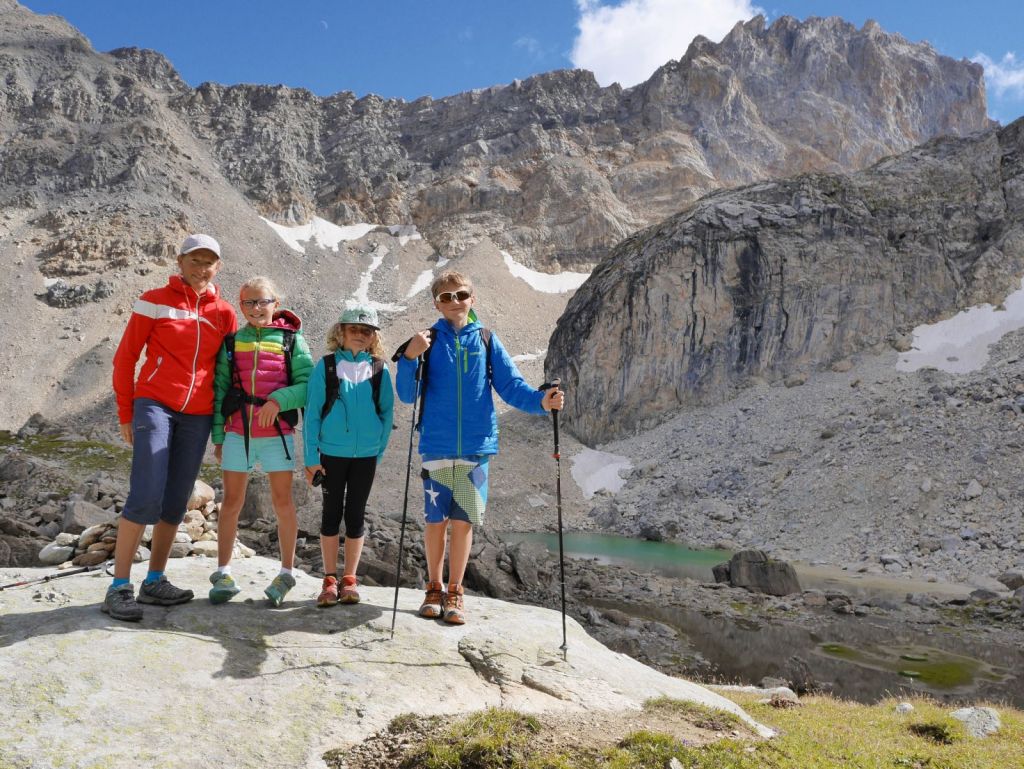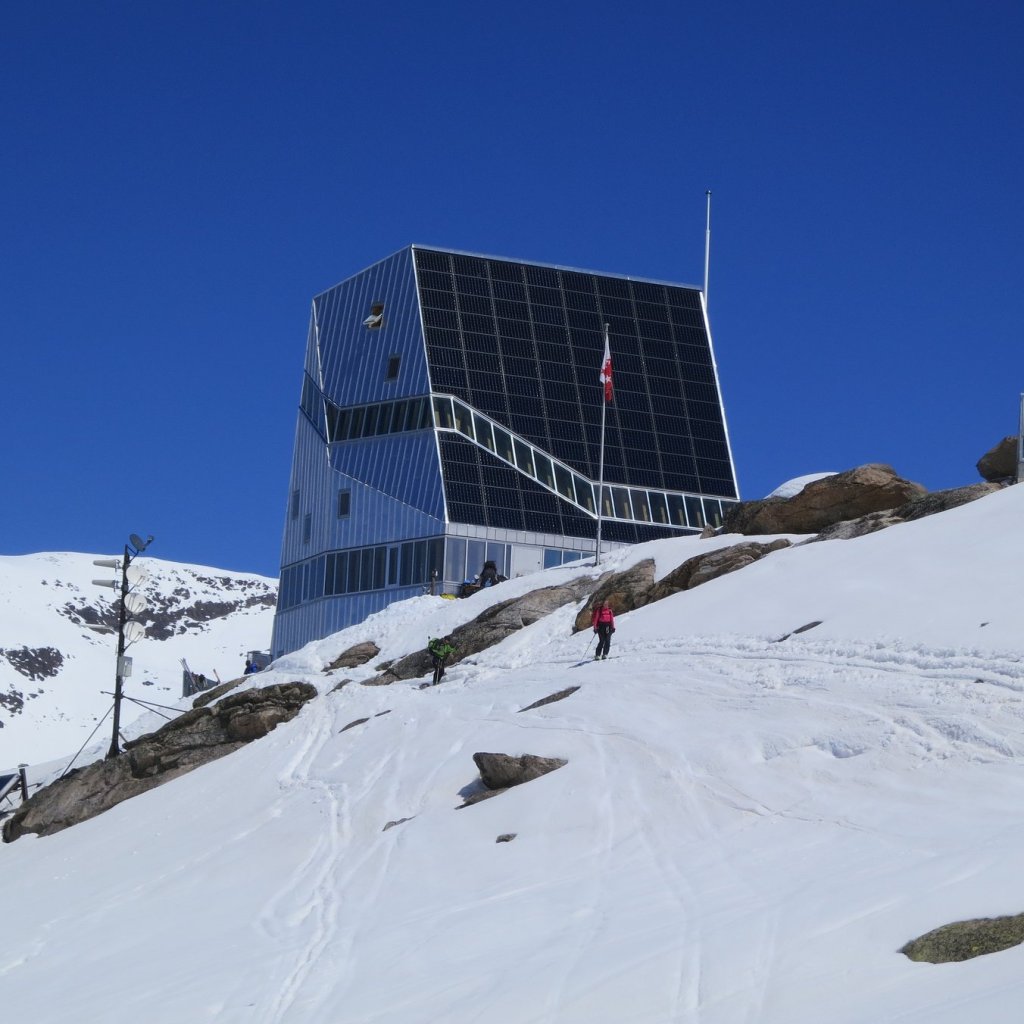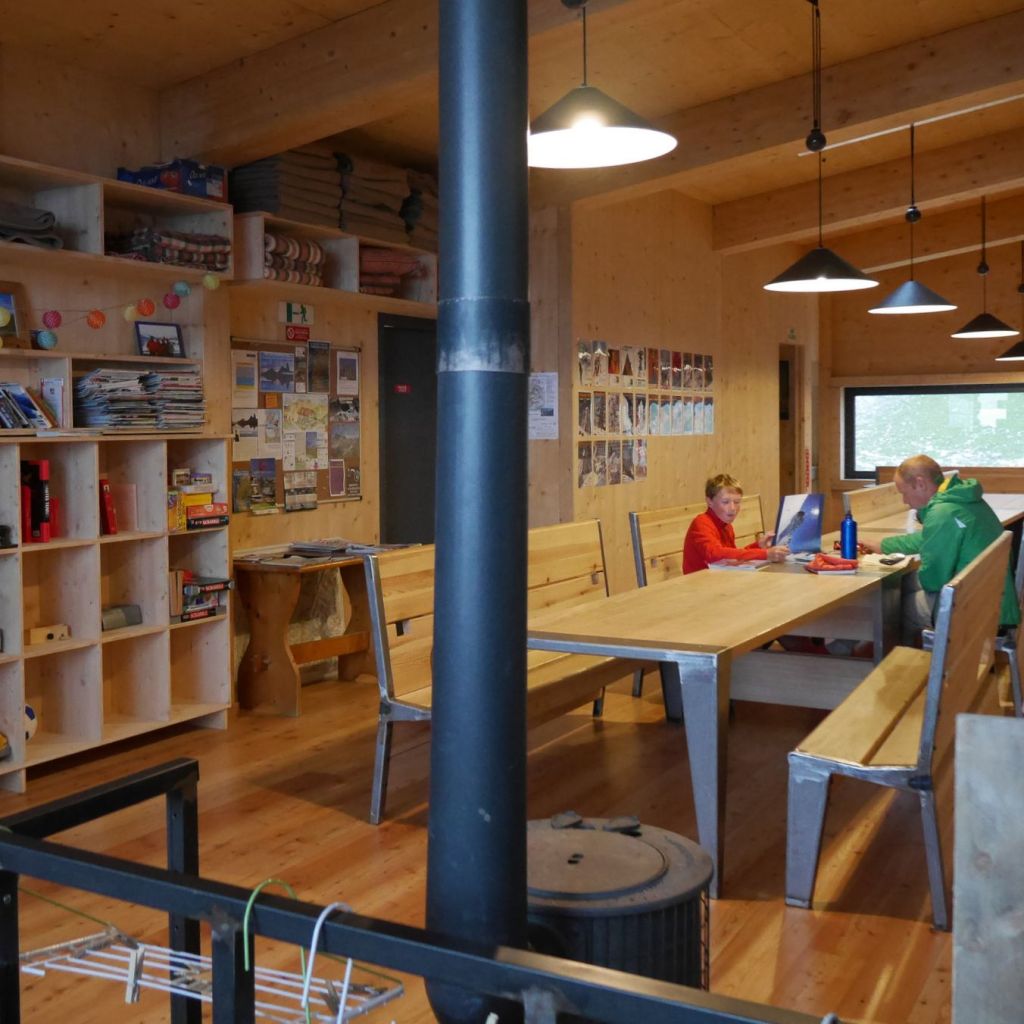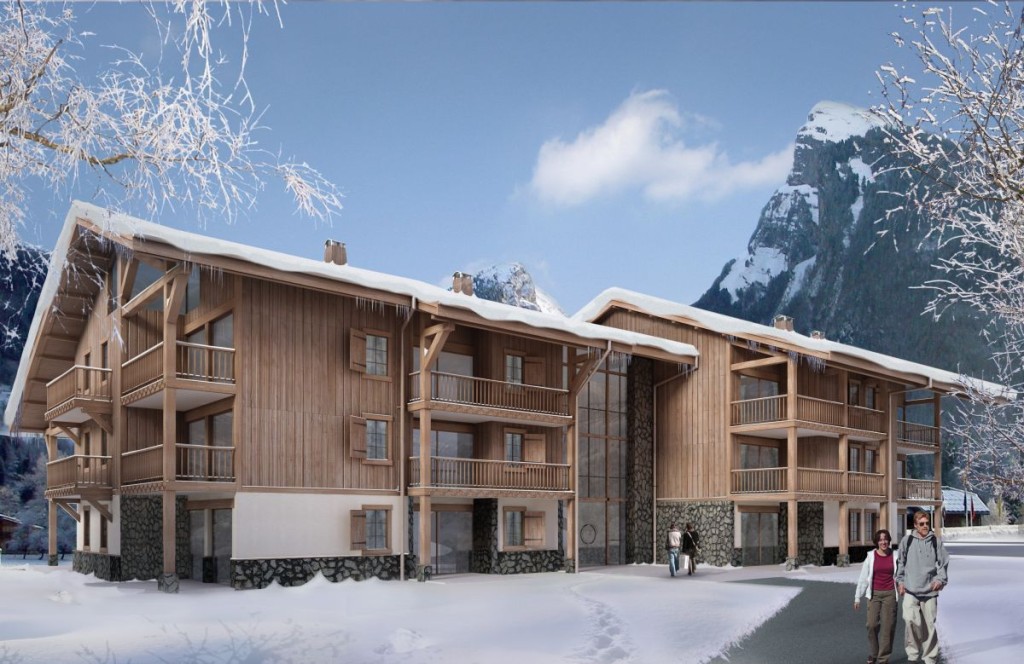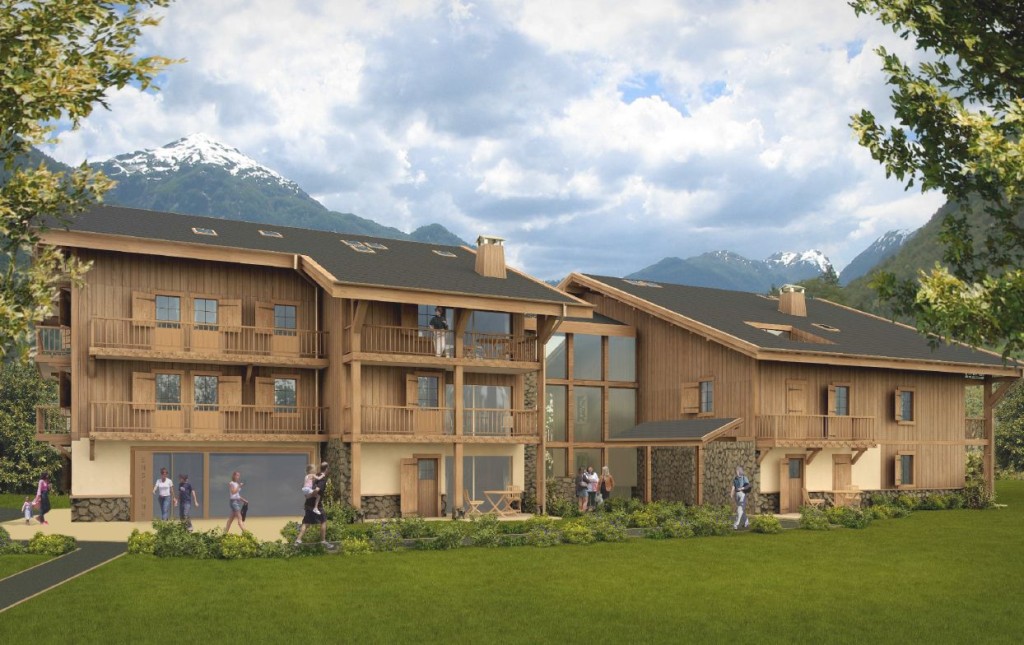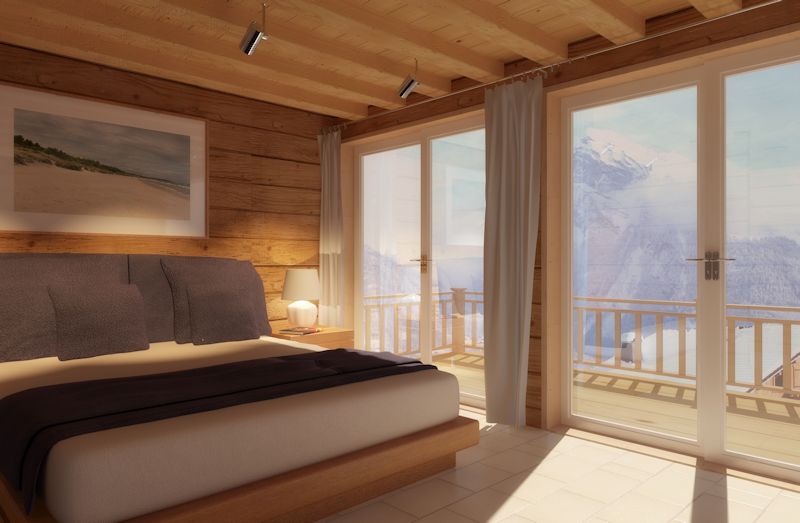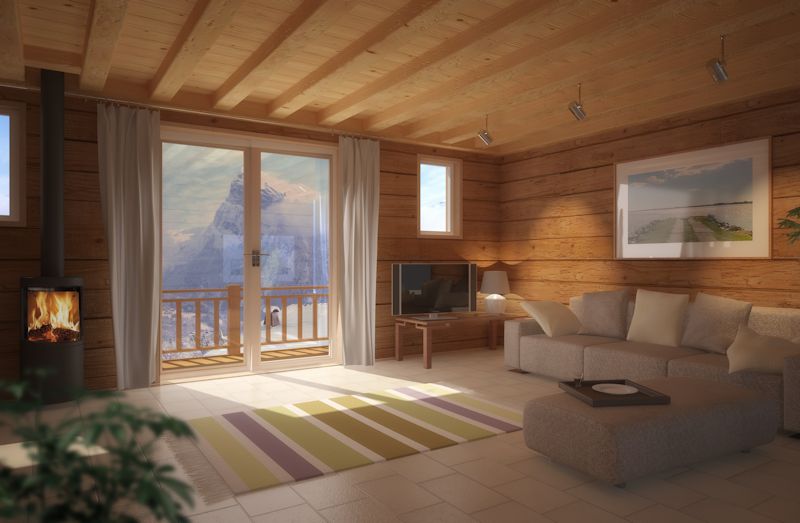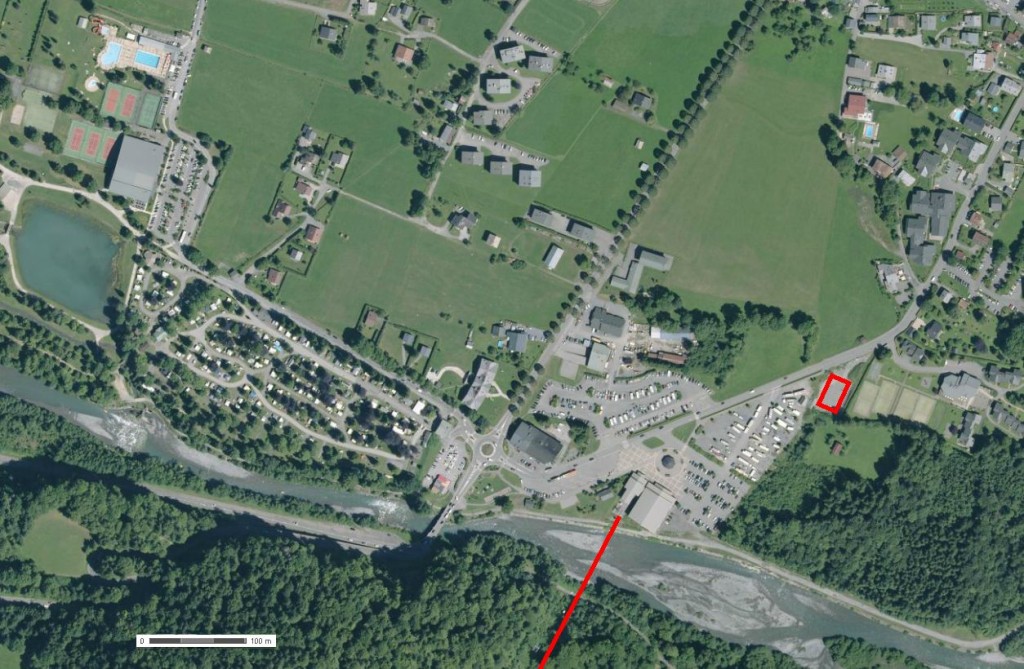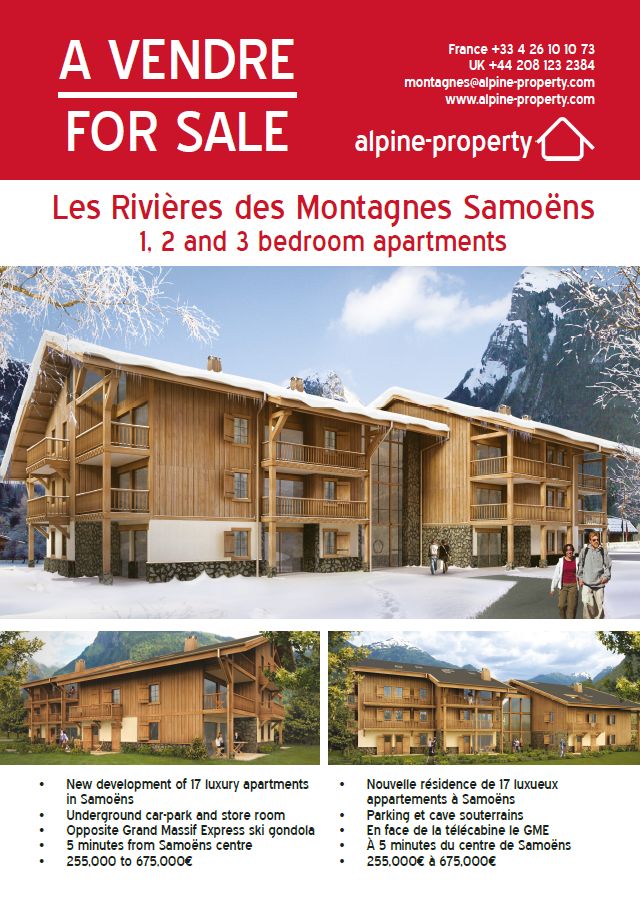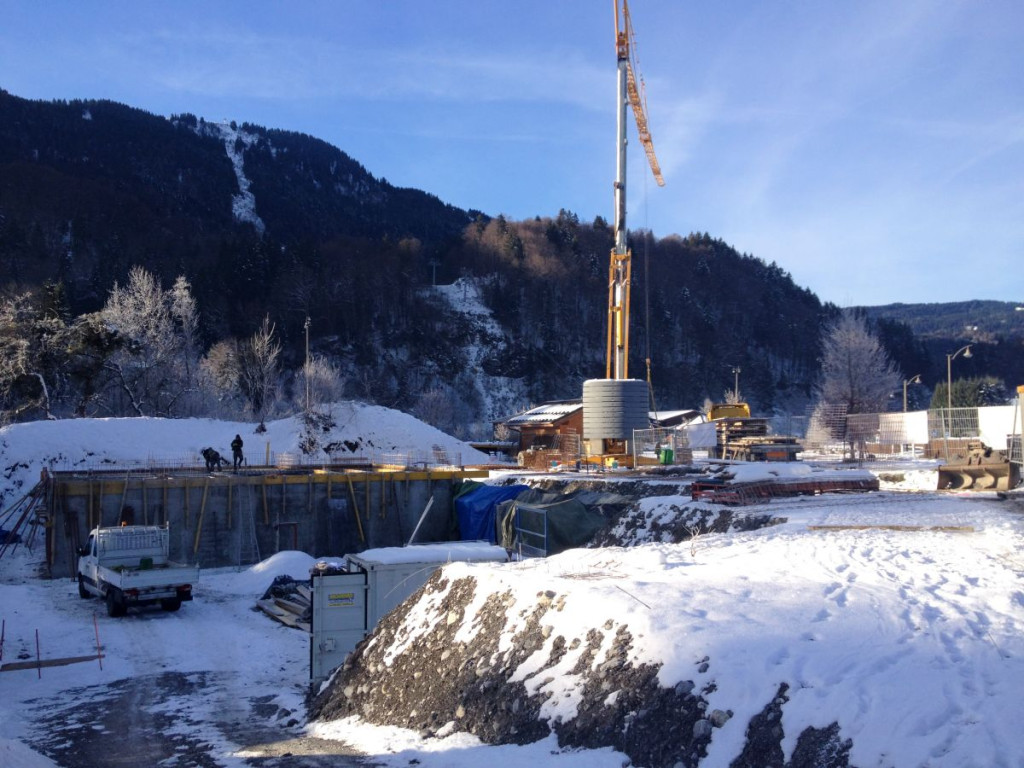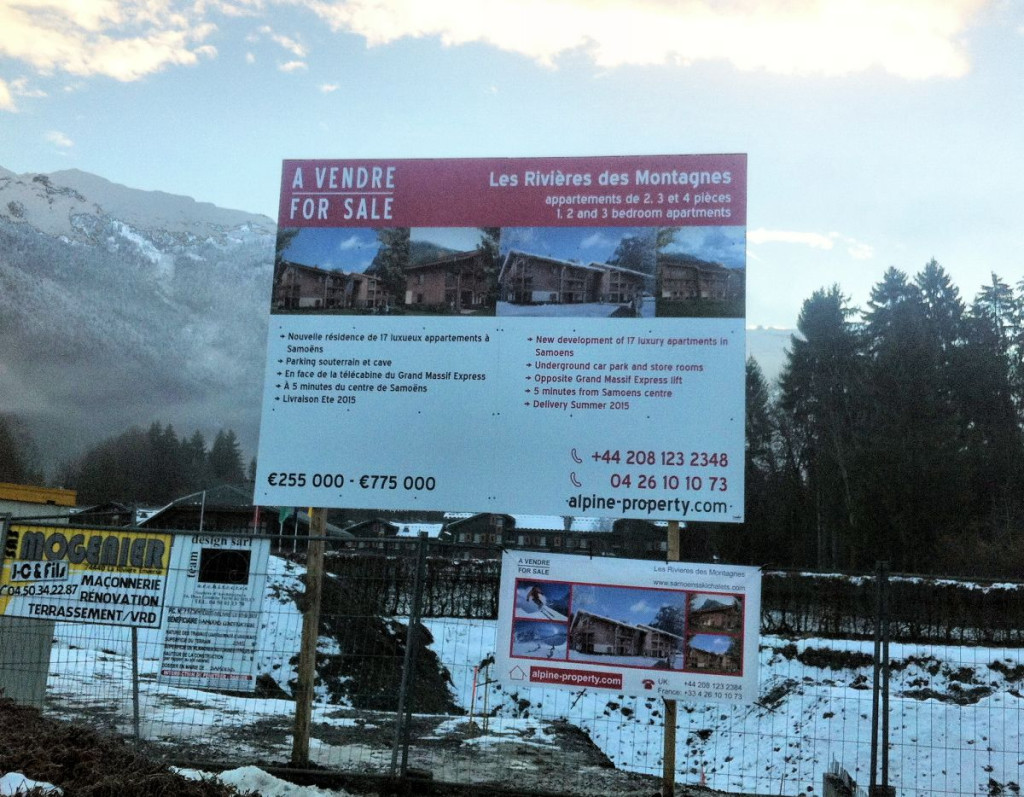Taking time out to go and visit an Alpine Refuge could well be one of the most memorable things you can do in the Alps. I try and visit one each year with my family and these trips never fail to disappoint. In fact I’ve been visiting refuges for the last 20 years, summer and winter, manned or not, I think each has left a memory to treasure.
What is a refuge?
I used to call them “huts” but the term tends to confuse the uninitiated. In fact I’ve just done a quick web search and Wikipedia has a long article on the subject here the term “Refuge” is hardly mentioned. The problem with calling them Mountain Huts is this really doesn’t do them justice. Many of them are extremely well appointed with small dorms or bedrooms, inside toilets and 3 course meals served every evening. The latest ones do have hot showers too but unless they are heated via the local hot spring I won’t be using them (please see Eco Living? below).
Where do I sleep?
The traditional refuges have communal dorms, long sleeping platforms provided with pillows and blankets. The major downside with these is people that snore. You would be well advised to take some ear-plugs! Refuges that have been renovated in the last few years will probably have bedrooms that sleep 6/8 people. These are ideal for most groups and families and reduce the noise considerably. These more modern places may have duvets instead of blankets too. Either way, you will need to use a sheet sleeping bag.
What to take?
Refuges are not hotels, but then again they are not bothies either. So what should you take? Beyond your “normal” day kit for the mountains you probably only need to take a sheet sleeping bag, either to protect the duvets and reduce the requirement for laundering or to make the itchy blankets a little more comfortable. I usually take a fresh t-shirt, socks and underwear for the evening and don’t forget most of them are at quite an altitude so the evening might be quite chilly. A torch can be essential, especially if the toilets are outside. But whatever you do, try and travel light, the less you have to carry the more you will enjoy the walk!
Which refuge?
I live in the Haute Savoie so my recommendations are based on this. In the Massif du Mont-Blanc alone there are 50 to choose from, there is loads of information on the web and a book that covers them all too. I’ll cover a few here:
The following have shortish walks so would suit families.
Refuge de Loriaz, Chamonix, old style
http://www.refuges.info/point/370/refuge-garde/aiguilles-rouges/refuge-de-loriaz/
2 hrs of walking, 680m of climbing (from the valley) or start from the dam at Emosson, same time but much easier walk.
Refuge Tinderets, near Chatel, old style
http://www.refuge-abondance.com/
1 hr, 295m, very basic, very lovely
Refuge Folly, Samoens, old style but with small dorms and fresh food.
http://refuge-du-folly.perso.neuf.fr
2hr15min, 561m, lovely spot, donkeys for the kids to play with too. These guys are running an old refuge but with excellent eco-credentials. Have a look at the “Ecologie” page on their website.
Refuge de Varan, Passy (nr Chamonix)
http://www.varan.tourdesfiz.com/
1hr45min and 520m, amazing views of Mt Blanc.
These two are a little farther to walk, maybe best left to the more experienced.
Refuge de la Vogealle, 1902m, Samoens, recently renovated
http://www.refugedelavogealle.com/acces.html
3hrs15min, 950m of ascent, a really smart refuge in a great location.
Refuge de Presset, 2514m, near Beaufort (Savoie), brand new
http://refugedepresset.ffcam.fr/
A CAF (Club Alpin Francais) refuge, discounts for members. Various routes 800m of climbing, about 3hrs.
Eco Living?
Placing a building that can accommodate up to 100 people high in the mountains will have an obvious impact on the environment. The most extreme example is the new Refuge du Gouter, at 3,835m altitude on Mt Blanc, it accommodates 120 climbers each night. There is no running water so most of it is collected as snow and melted. Although the building is covered is solar panels the energy uses by this number of people is enormous. The very latest technology is being used to mitigate the impact but the people using the facilities need to be educated too and foregoing a hot shower for one night will go a long way! The other step forward the modern refuges have made is how they deal with the toilet facilities. Nowadays they have managed to bring the toilets inside the buildings and make them water free. A huge advance on the old system which I won’t be describing here.

